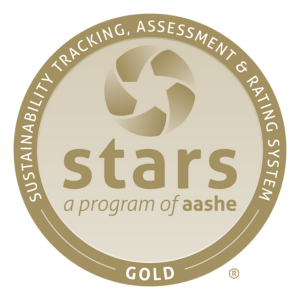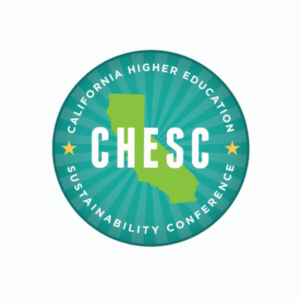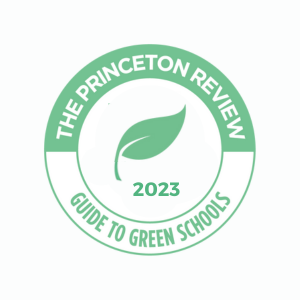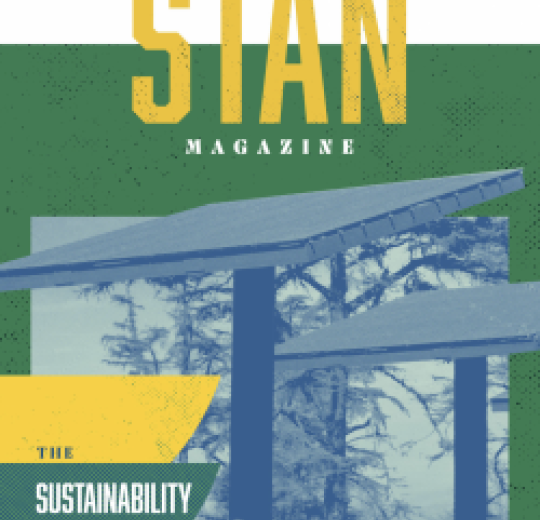
At Stan State, we recognize that higher education plays a critical role in addressing environmental and social justice issues. Our commitment to sustainability is reflected in our academic, engagement, operations, administrative, and innovative accomplishments towards a sustainable campus, and the empowerment of our students with the understanding and tools to address the challenges of our time.




Stanislaus State has become a leader in sustainability teaching, service, and operations by facilitating interdisciplinary pathways for applied research and active learning, introducing sustainability emphases and themes in the curriculum, and using the campus as a living lab.
We view sustainability as a shared opportunity for improving the quality of life for all - environmentally, socially, and economically - now and for future generations. Stanislaus State is proud to have earned a STARS Gold rating in recognition of our sustainability achievements from the Association for the Advancement of Sustainability in Higher Education (AASHE). STARS, the Sustainability Tracking, Assessment & Rating System measures and encourages sustainability in all aspects of higher education.. The Stanislaus State STARS report is publicly available on the STARS website.
Our 228-acre campus is an urban forest of nearly 3,000 trees, featuring a “smart” irrigation system, water reclamation and cooling systems, recycling program, photovoltaic cells, energy management system, and LED lighting upgrades. Together with our physical plant, our campus provides a real-world training ground for environmental sustainability initiatives.
At Stan State, sustainability is also a social justice issue, as often it is the most vulnerable and marginalized people most affected by environmental issues. As such, sustainability will be a recurring theme in strategies and programs designed to create engagement with our community, including those in our Warrior Cross Cultural Center, our culturally based clubs, organizations and affinity groups, and at our annual Social Justice and Indigenous Peoples Conferences.
Updated: December 02, 2025

